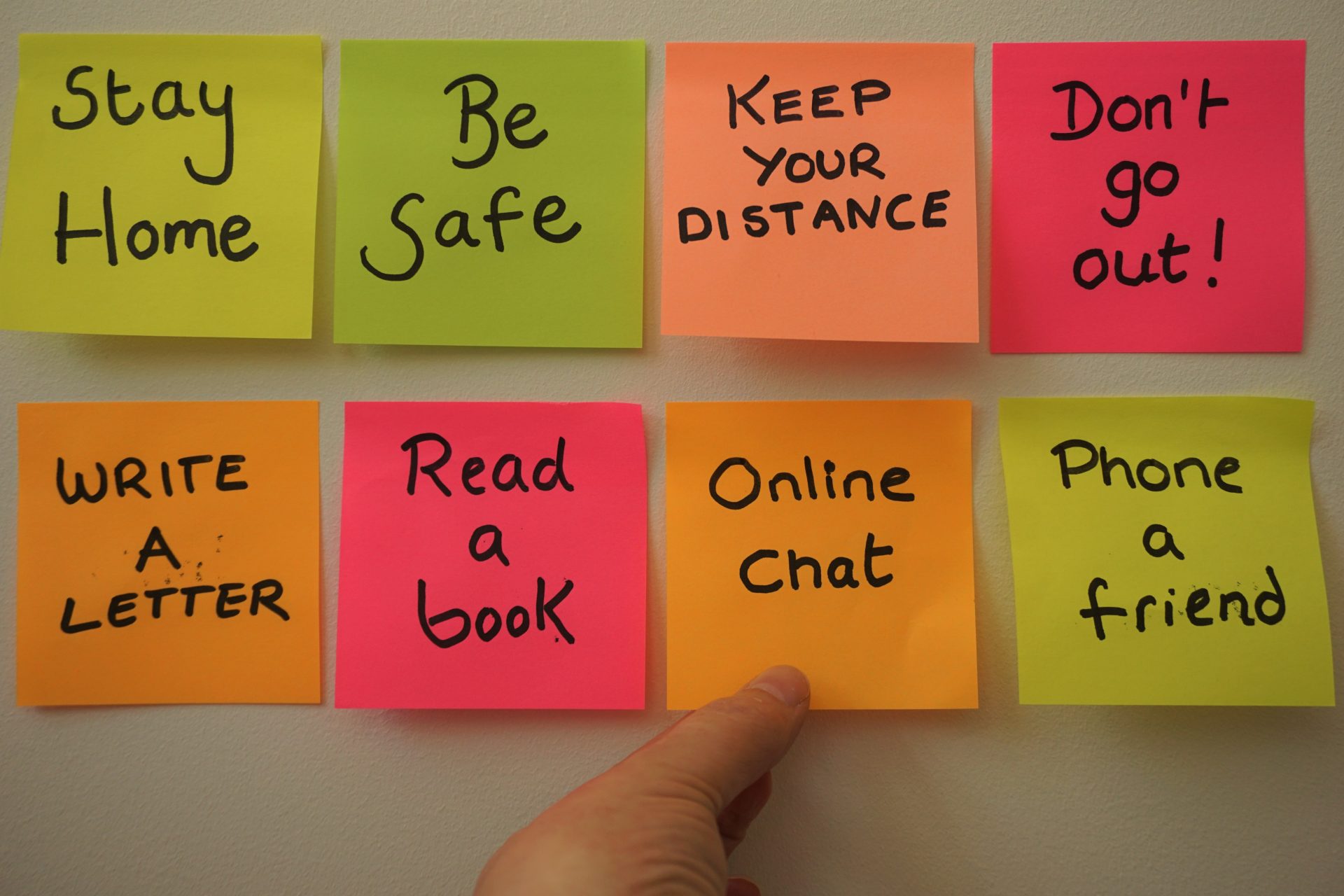The global pandemic has impacted industries in unique and critical ways and even the work of counseling and mental health has faced new challenges. For Brooke Ewert and the counseling provided for Soccer Chaplains United and those in sport, the different aspects of social distancing, limited contact, and travel and play/performance restrictions have all created a new layer of mental health issues and challenges amongst athletes, coaches, and those in the sports industry across many different levels.
For example, a chaplain recently reached out to Brooke and asked if she would be willing to meet with a professional athlete. The athlete needed support with life issues as well as setting goals for the future. Since the athlete is not in Colorado, the approach cannot be one typical for mental health support. Essentially, this means that there can be no formal diagnosis. State laws and ethics prevent undertaking or keeping counseling relationships in other states without additional licensure; however, a counselor can work through life circumstances in less formal ways (ie, life coaching) and assist athletes and coaches as they process through the life circumstances that are most challenging to them.
Brooke, who serves as the volunteer Director of Counseling for Soccer Chaplains United, has had to adapt in her own practice and service amongst those in sport.
It’s a new approach for me and one that I am enjoying because it shifts the focus to resources (internally/externally) for the athletes and walking alongside of the athletes in a new way.
Brooke Ewert, on adding and adapting life coaching to her counseling service and practice
Life coaching will allow a counselor, like Brooke, to reach more athletes than could bet helped previously. Because sports counseling is such a new field, there are not a lot of places to make referrals to counselors throughout the country. Brooke (and other sports counselors) have discovered that the life coaching and consultancy adaptation is an effective tool for getting athletes the help that they need. Additionally, such additions will help open the door for more athletes to seek help and to continue breaking the stigma down of asking for help.
“The transiency of athletes makes mental health counseling difficult because most of the athletes I see leave the state I practice in and go to another state for training. Life coaching allows me to be able to reach more athletes when they cannot find adequate support in the state where they are competing.”
Brooke, on the ever-moving population of athlete and coach in sport
Soccer Chaplains United is non-profit, 501(c)3 and depends upon the financial support of our partners to carry out our work of developing chaplaincy, counseling, and community service across all levels of soccer. Please consider making a contribution today to help us continue growing our work.




